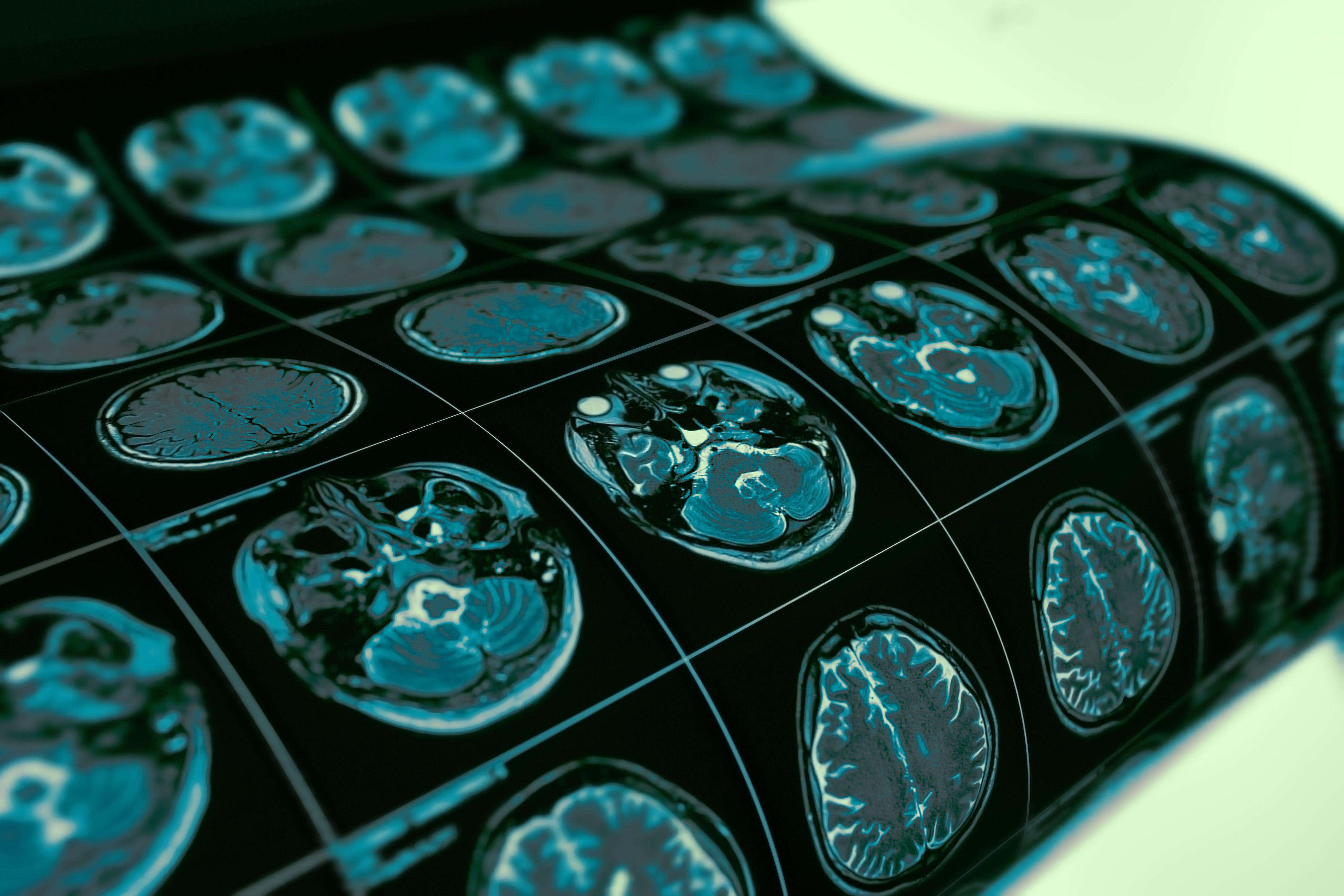Doctor ‘brain cancer-free for a year’ after undergoing own breakthrough therapy
Professor Richard Scolyer was diagnosed with incurable grade 4 brain cancer.

Your support helps us to tell the story
This election is still a dead heat, according to most polls. In a fight with such wafer-thin margins, we need reporters on the ground talking to the people Trump and Harris are courting. Your support allows us to keep sending journalists to the story.
The Independent is trusted by 27 million Americans from across the entire political spectrum every month. Unlike many other quality news outlets, we choose not to lock you out of our reporting and analysis with paywalls. But quality journalism must still be paid for.
Help us keep bring these critical stories to light. Your support makes all the difference.
An Australian doctor has revealed he has been brain cancer-free for a year after undergoing a world-first treatment based on his own breakthrough research.
Professor Richard Scolyer was diagnosed with incurable grade 4 brain cancer after becoming ill in Poland last year.
This type of cancer, known as glioblastoma, is so aggressive that the average survival rate is around 12 months.
The 57-year-old underwent an experimental therapy based on his own research on melanoma, a type of cancer that starts in the skin.
On Monday, he wrote on X to say he had an MRI scan last week and there was still no sign of recurrence.
“I couldn’t be happier”, he said.
Prof Scolyer collaborated with his colleague and friend Professor Georgina Long, both of whom are co-directors of the Melanoma Institute Australia.
The team used a treatment based on immunotherapy, which teaches the body’s immune system to attack cancer cells.
Research on melanoma showed immunotherapy works better when a combination of drugs is administered before the surgery to remove a tumour.
I'm the best I have felt for yonks. It certainly doesn't mean that my brain cancer is cured... but it's just nice to know that it hasn't come back yet, so I've still got some more time to enjoy my life with my wife Katie and my three wonderful kids
Prof Scolyer became the first brain cancer patient in the world to have pre-surgery, combination immunotherapy.
He told the BBC: “I’m the best I have felt for yonks.”
“It certainly doesn’t mean that my brain cancer is cured… but it’s just nice to know that it hasn’t come back yet, so I’ve still got some more time to enjoy my life with my wife Katie and my three wonderful kids.”
Around 300,000 people worldwide are thought to be affected with glioblastoma and the hope is that this experimental treatment will extend Prof Scolyer’s life and open the doors for clinical trials for other patients.
Prof Long said: “We’ve generated a whole heap of data, to then make a foundation for that next step, so that we can help more people.
“We’re not there yet.
“What we have to really focus on is showing that this pre-surgery, combination immunotherapy type of approach works in a large number of people.”
Both Prof Scolyer and Prof Long were named “Australian of the Year” earlier this year for their life-saving work on melanoma treatments.
Subscribe to Independent Premium to bookmark this article
Want to bookmark your favourite articles and stories to read or reference later? Start your Independent Premium subscription today.